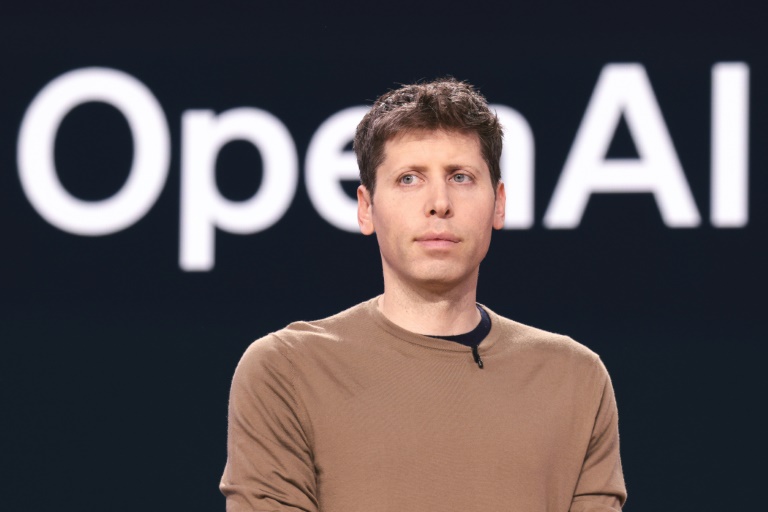OpenAI announced Tuesday a new collaboration with global mass media company Condé Nast, which will allow the artificial intelligence company’s products to feature content from prominent publications.
The partnership will allow platforms like ChatGPT and SearchGPT to use content from Vogue, The New Yorker, GQ, and Wired, thus enhancing the quality and reliability of information provided through OpenAI’s AI-driven tools. The collaboration marks a significant step for OpenAI in combining its advanced conversational models with trusted sources of information, according to CNBC.
“With the introduction of our SearchGPT prototype, we’re testing new search features that make finding information and reliable content sources faster and more intuitive,” OpenAI said in a blog post.
“We’re combining our conversational models with information from the web to give you fast and timely answers with clear and relevant sources.”
The company also said that SearchGPT will provide direct links to news stories, and there are plans to incorporate these features into ChatGPT in the future.
The deal with Condé Nast is part of a broader trend where media outlets are partnering with AI companies to distribute their content in innovative ways.
In July, Perplexity AI launched a revenue-sharing model with publishers, responding to plagiarism concerns. Notable media outlets such as Fortune, Time, and The Texas Tribune joined Perplexity’s “Publishers Program,” which compensates content providers when their work is used by AI tools.
OpenAI has been particularly active in forming such partnerships. In June, the company struck a multi-year deal with Time magazine, granting OpenAI access to over a century of Time’s archived articles. This content will be integrated into ChatGPT, providing users with historical and contemporary information.
Similarly, in May, OpenAI announced a partnership with News Corp., enabling access to articles from The Wall Street Journal and other News Corp. publications.
Despite these collaborations, the relationship between AI companies and media outlets remains contentious, with some news organizations taking legal action to protect their intellectual property.
In June, The Center for Investigative Reporting filed a lawsuit against OpenAI and its primary backer, Microsoft, alleging copyright infringement.
This follows similar legal actions from major publications like The New York Times, which accused OpenAI and Microsoft of unlawfully using its content for AI training.







